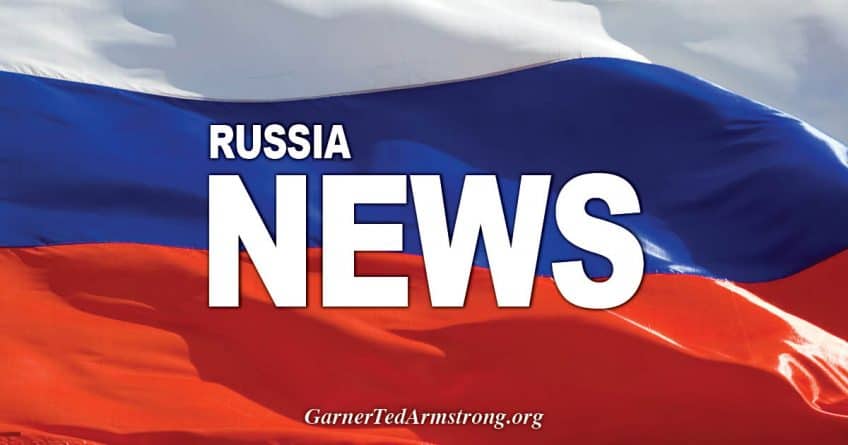
President Trump during a rally in Elko, Nev., on Saturday. – CreditCreditDoug Mills/The New York Times
MOSCOW — President Trump’s decision to withdraw from a nuclear disarmament treaty with Russia drew sharp criticism Sunday from one of the men who signed it — Mikhail S. Gorbachev, who called the decision reckless and not the work of “a great mind.”
In announcing on Saturday that he would withdraw from the treaty, Mr. Trump cited Russian violations of the pact, the Intermediate-Range Nuclear Forces Treaty, which was signed in Washington in 1987 by President Ronald Reagan and Mr. Gorbachev.
Mr. Gorbachev, who is now 87 years old, cast Mr. Trump’s decision as a threat to peace.
“Under no circumstances should we tear up old disarmament agreements,” he said. “Is it really that hard to understand that rejecting these agreements is, as the people say, not the work of a great mind.”
Mr. Gorbachev, in an interview with the Interfax news agency, called Mr. Trump’s rollback of the disarmament agreement “very strange.”
“Rejecting the INF is a mistake,” Mr. Gorbachev said. “Do they really not understand in Washington what this can lead to?”
The last Soviet leader, who is perceived more warmly in the West than inside Russia, has already watched his domestic reform agendas supporting democracy and greater freedom of the press unravel in recent years. Nuclear disarmament also defined his legacy.
“All agreements aimed at nuclear disarmament and limiting nuclear weapons must be preserved, for the sake of preserving life on earth,” Mr. Gorbachev said on Sunday.
The pact required the elimination of short- and intermediate-range missiles launched from land, and helped pull the superpowers back from the hair-trigger nuclear posture of the Cold War. The United States formally notified Russia of suspected violations four years ago, for developing banned missiles.
President Vladimir V. Putin had as early as 2007 suggested that the treaty no longer served Russia’s interests. Still, it remained in force as a cornerstone of the disarmament agreements of the late Soviet period.

CreditBob Daugherty/Associated Press
“Russia has not, unfortunately, honored the agreement so we’re going to terminate the agreement and we’re going to pull out,” Mr. Trump told reporters after a political rally in Elko, Nev., on Saturday.
The Kremlin said Mr. Putin would seek an explanation about the move when he meets this week in Moscow with John Bolton, Mr. Trump’s national security adviser.
A deputy Russian foreign minister, Sergei A. Ryabkov, called the plans for a unilateral withdrawal “very dangerous” and said Russia might respond with unspecified technical means.
The treaty, known in shorthand as the INF agreement, resolved a crisis of the Cold War as both superpowers deployed a new generation of relatively short-ranged missiles in Europe, the Soviet Union in the late 1970s and the United States in response in 1983.
The United States’ missiles in Europe, including the Pershing II, shortened the decision-making window for the Soviet leadership in Moscow to respond to a nuclear strike to as little as 10 minutes, compared with about half an hour for an intercontinental ballistic missile launch.
If a leader failed to respond in time, the Soviet command might be obliterated before ordering a retaliatory nuclear assault on the United States.
Source: https://www.nytimes.com/2018/10/21/world/europe/mikhail-gorbachev-trump-russia.html
[Disclaimer]









